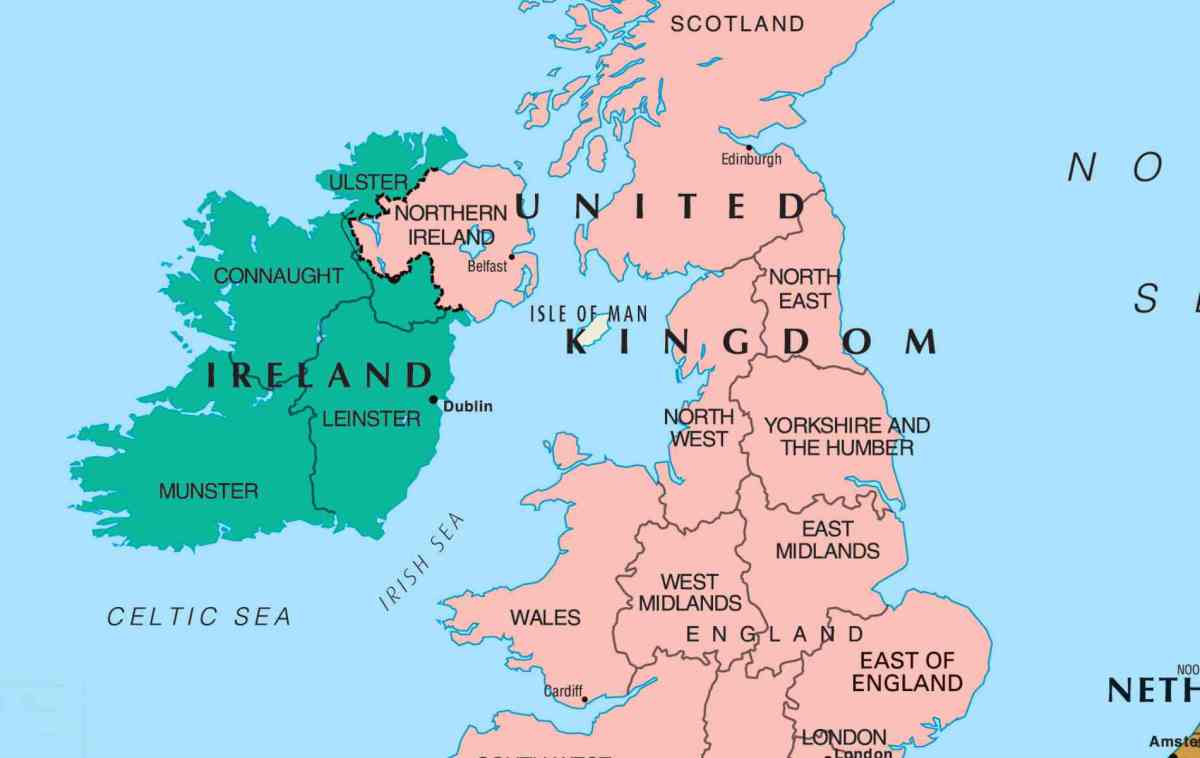7667766266
enquiry@shankarias.in
What is the issue?
What is the border problem in Ireland?

How are the talks proceeding in this context?
What are the other important constrains?
Source: The Hindu